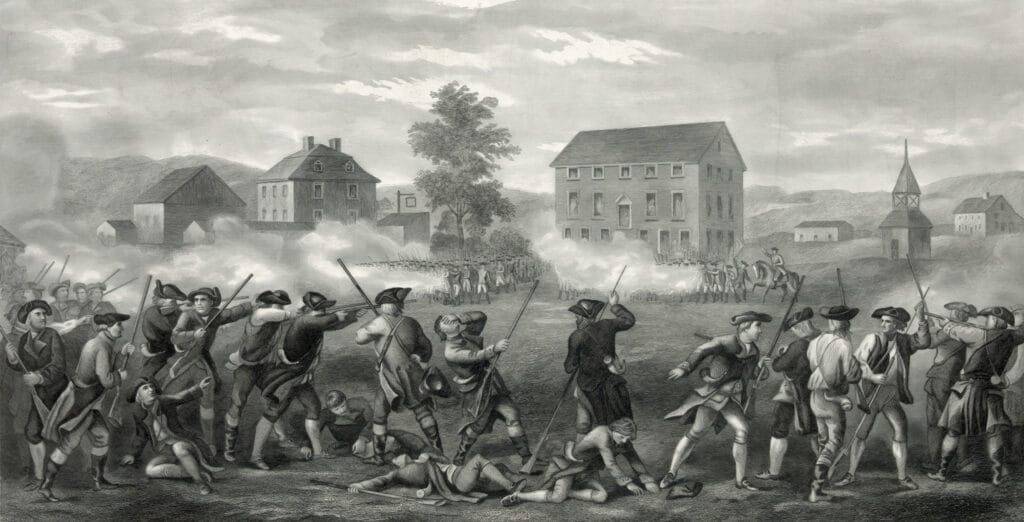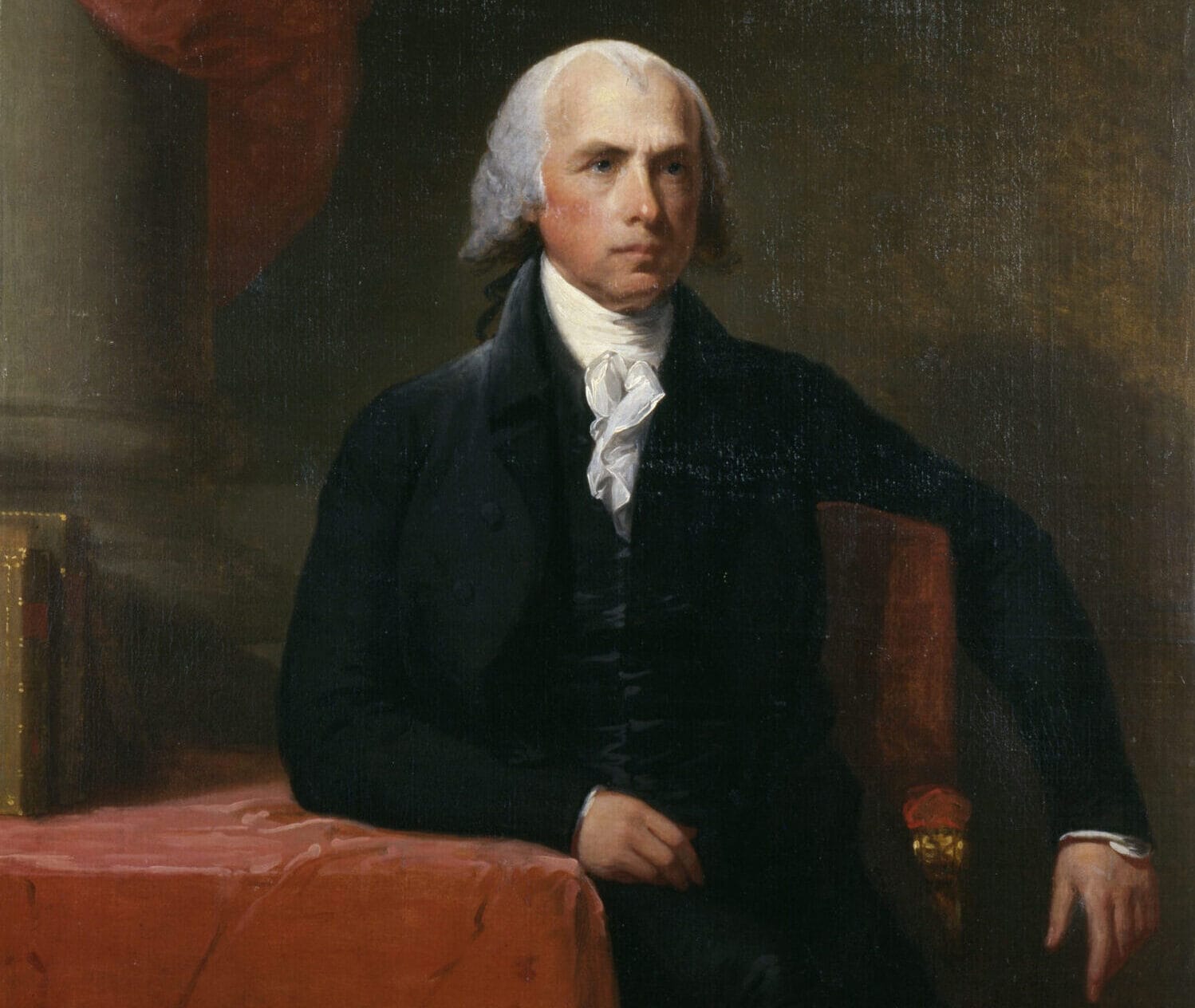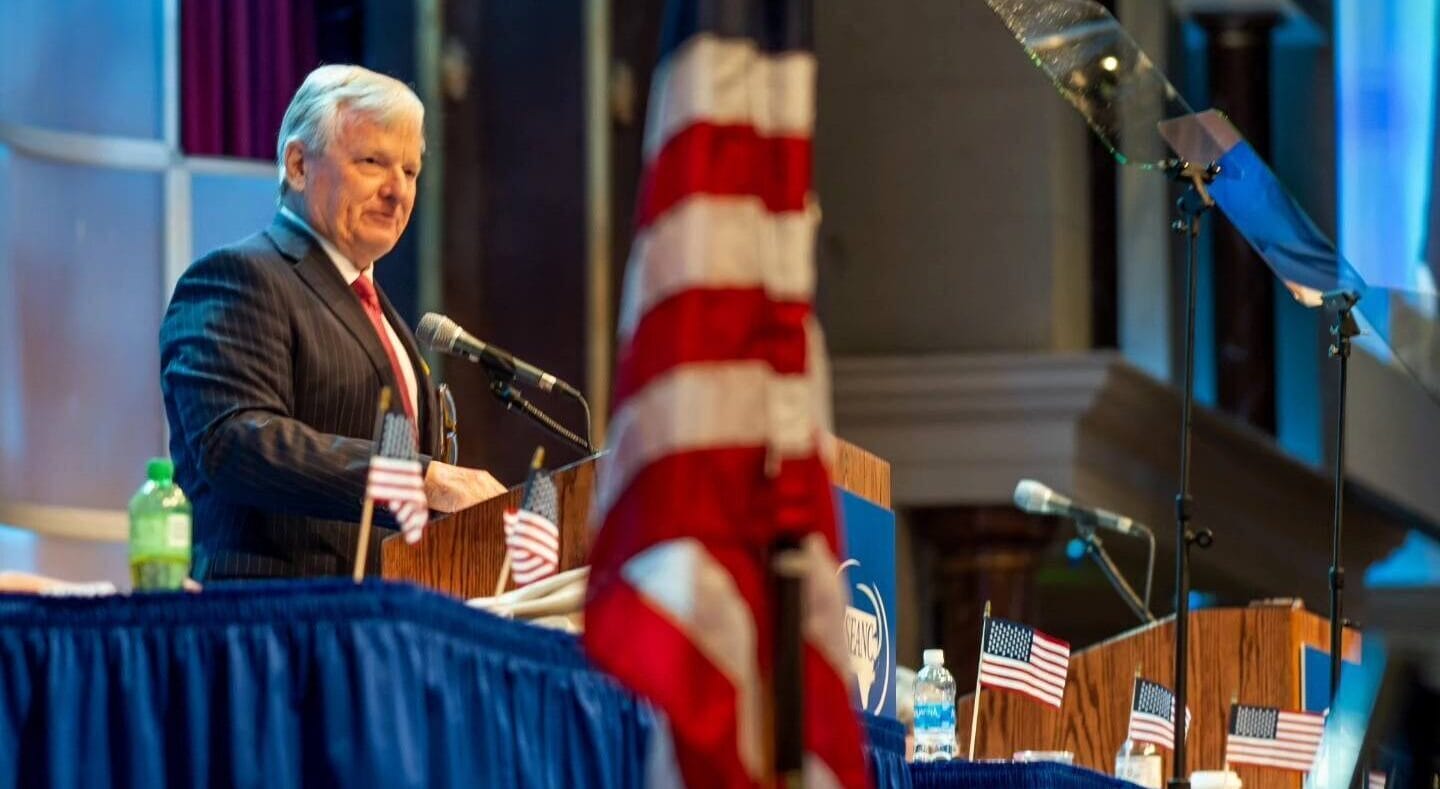Civic education key to federalism’s survival

The Revolutionary War started in April of 1775 with the Battles of Lexington and Concord. From that point until March of 1781, when the Articles of Confederation were formally ratified by the states, the United State of America had no official federal government — only an understanding that each independent state would send representatives to a common cause Congress in Philadelphia. Even once ratified, any decisions made by the federal government depended completely upon cooperation from the stronger, independent state governments.
The weakness of the federal government under the Articles of Confederation led to abandoning them in favor of the U.S. Constitution. However, that change did not come without a fight. The states deeply feared centralized government and the potential loss of control over local affairs. Without federalism, or the arrangement that the federal government would only have authority in a well-defined and narrow set of situations, America as we know it today would likely never have formed.
Yet despite the critical role federalism plays American governance, today’s voters know very little about it. According to a March 2023 State Policy Network State Voices poll, just 52% of registered voters say they are at least somewhat familiar with federalism. However, when asked to define federalism, just 14% correctly could. Voters fared only slightly better when given a list of possible definitions – 27% correctly identified federalism as a system of government where power is split between national and state governments while 48% gave an answer that ascribed the term to a strong federal government.
The balance of power between the federal and state governments is broken and many of the initial fears about giving a central government more power have been realized. There is significant work to be done in helping the states push back, through legislative oversight, legislative education and litigation. But we must also find effective ways to educate the general public, reminding them of the purpose and benefits of federalism. Working together, the people and the states can restore the balance of power that helps American self-governance thrive.
Erin Norman is the Lee Family Fellow and senior messaging strategist at the State Policy Network, which focuses on free-market solutions to policy challenges.



